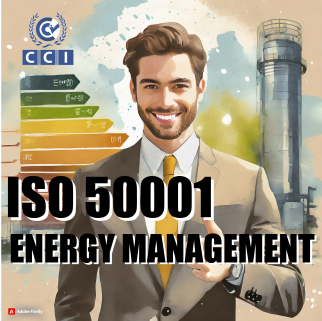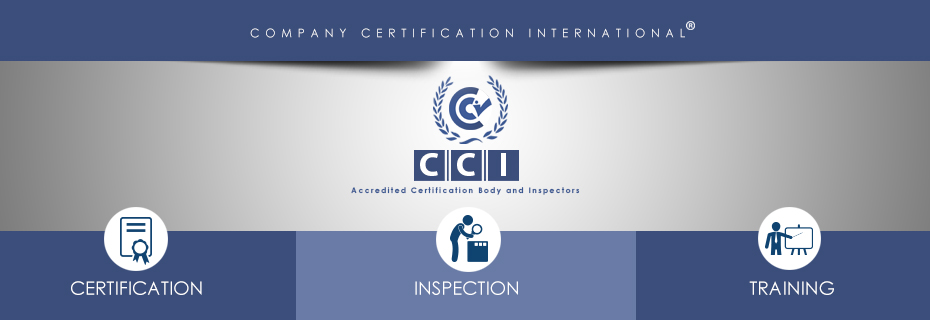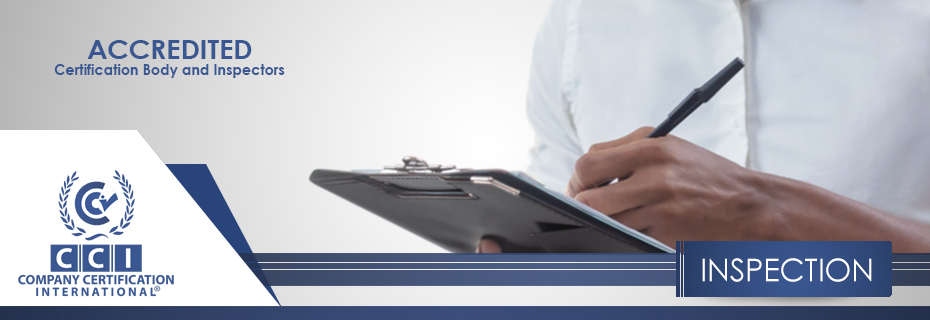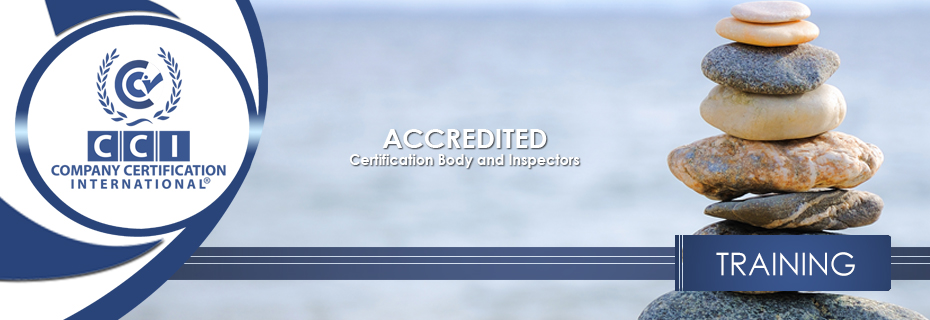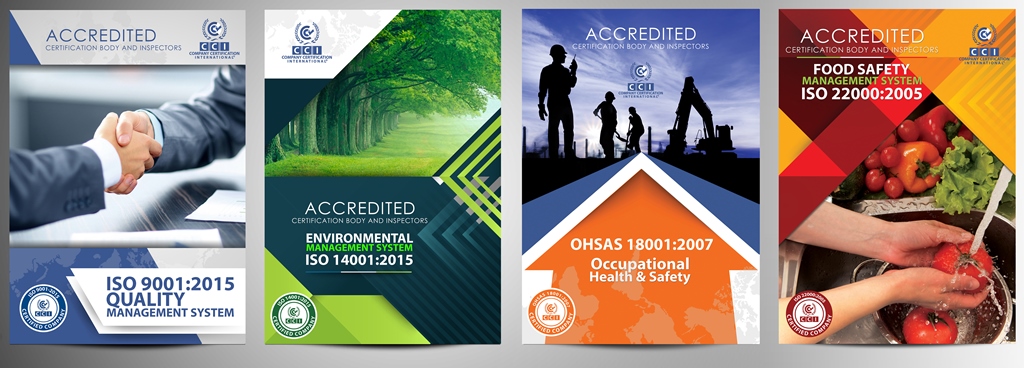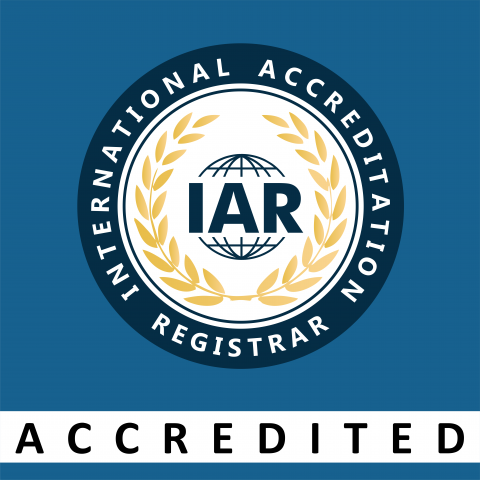ISO 50001 | Energy Management
Energy Management systems | EMS
Requirements with guidance for use, is a voluntary International Standard developed by ISO (International Organization for Standardization). ISO 50001 gives organizations the requirements for energy management systems (EnMS). ISO 50001 benefits organizations large and small, in both public and private sectors, in manufacturing and services, in all regions of the world. ISO 50001 will establish a framework for industrial plants, commercial, institutional, and governmental facilities, and entire organizations to manage energy. Targeting broad applicability across national economic sectors, it is estimated that the standard could influence up to 60 % of the world's energy use. ISO 50001 energy management standards identify requirements for an organization to establish, implement, sustain, and improve an Energy Management System (EnMS), this enables the organization to take a deliberate approach to continually improve energy performance. This new standard will establish an international structure to help manage the energy supply, uses, and intake of industrial, commercial, or institutional organizations, which includes measurement, documentation, reporting, design, and procurement practices for energy-using equipment, systems, and processes. ISO 50001 energy management standard applies to all aspects impacting energy use, and this can be monitored and influenced by an organization.
Implementing ISO 50001 Helps Your Company In The Following Way:
- Enables the organization to establish the system and processes required to improve energy commandment, which includes energy efficiency use consumption, and intensity
- Reductions in energy cost. GHG emissions and other environmental impacts, through the systematic management of energy
- Demonstrate that the organization implemented sustainable energy management systems, completed a baseline of energy use, and focused on continuously improving their energy vividness
The Certification Process
Online gap analysis allows us to see the current
- quality benchmark within your organization,
- the finances required
- the time required for this project (System and Certification Fee)
Your Estimate will be shared with you in 24 hours.
Upon Estimate Approval the project starts:
- A client executive is assigned to your project
- Contact information is shared with you
- The Payment details are provided to you
All Support is delivered Online.
The Client Executive will provide the Documentation Templates and explain to you how to amend it.
You will be required to perform the following tasks:
- Identify your core or business processes.
- Amend documentation that meets your business needs. (Policy statements, objectives, manuals, work instructions, job descriptions, forms.)
- Encourage employees to be aware of the new documented system
- Review, approve, and distribute the documents to those who need access to the information.
- Ensure procedures are being performed as documented.
- Ensure employees are trained properly for the tasks they are performing.
- Create effective reporting systems.
- Monitor the effectiveness of your processes through the use of measurable data, where possible.
- Review and take action to improve in the areas required.
- Plan internal auditing activities.
- Submit your management system documentation for review to ensure it complies with the applicable standard.
- Prepare for review by an external auditor to confirm that the system’s requirements are being satisfied and that the management system is implemented effectively.
- Obtain ISO Certifcaiton
- This periodic on-site review is usually conducted annually.
- It ensures that the certified business continues to comply with Standard requirements, as confirmed during the Recertification Audit at the certification cycle's outset.
- Most are conducted remotely.
Refer to learn more about Types of Audits

